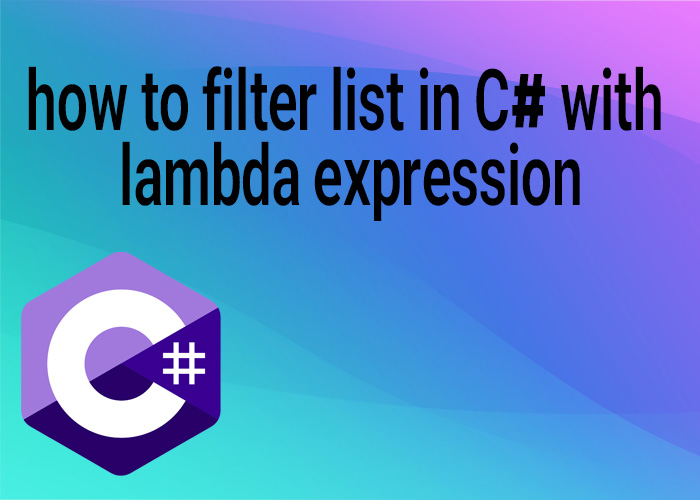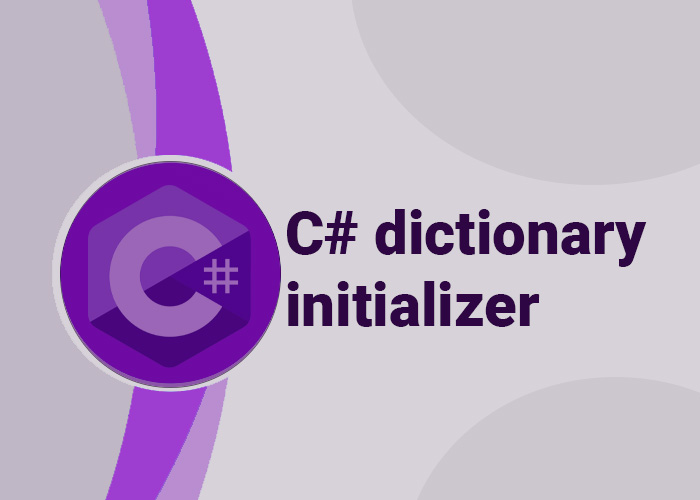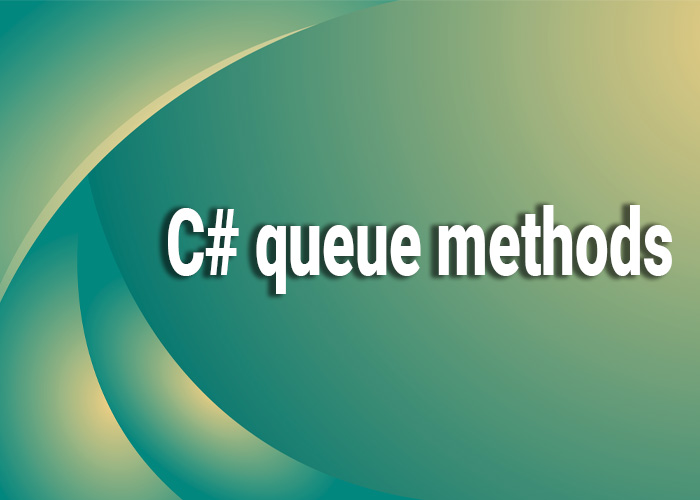Filtering Lists in C# with Lambda Expressions: A Comprehensive Guide
Filtering collections is a fundamental task in many C# applications, enabling developers to extract subsets of data based on specific criteria. Lambda expressions, a concise and powerful feature of C#, make filtering operations both straightforward and expressive. This article explains how to use lambda expressions to filter lists in C#, complete with practical examples.
Understanding Lambda Expressions
Lambda expressions in C# are anonymous functions that contain expressions or statements used to perform actions on data. When it comes to filtering, lambda expressions are often used with LINQ (Language Integrated Query) methods, particularly the Where method, which is part of LINQ to Objects.
Basic Syntax of Lambda Expressions
The general syntax of a lambda expression is as follows:
(argument-list) => expression
For filtering lists, the lambda expression typically represents a condition that each element of the list must satisfy to be included in the result.
Example: Filtering a List of Numbers
Suppose you have a list of integers and you want to filter out all numbers that are greater than 10. Here’s how you can do this:
using System;
using System.Collections.Generic;
using System.Linq;
public class Program
{
public static void Main()
{
List<int> numbers = new List<int> { 1, 10, 20, 30, 40, 50 };
List<int> filteredNumbers = numbers.Where(n => n > 10).ToList();
foreach (int number in filteredNumbers)
{
Console.WriteLine(number); // Output: 20, 30, 40, 50
}
}
}
In this example, numbers.Where(n => n > 10) uses a lambda expression n => n > 10 to specify the filter condition. The Where method applies this condition to each element n of the list, returning only those elements that satisfy the condition.
Example: Filtering a List of Custom Objects
Filtering becomes even more powerful when dealing with lists of custom objects. Consider a list of Person objects where each Person has a Name and an Age. You might want to find all persons who are 18 years old or older.
public class Person
{
public string Name { get; set; }
public int Age { get; set; }
}
List<Person> people = new List<Person>
{
new Person { Name = "Alice", Age = 17 },
new Person { Name = "Bob", Age = 23 },
new Person { Name = "Charlie", Age = 18 }
};
List<Person> adults = people.Where(p => p.Age >= 18).ToList();
foreach (Person person in adults)
{
Console.WriteLine($"{person.Name} is an adult.");
}
// Output:
// Bob is an adult.
// Charlie is an adult.
Tips for Using Lambda Expressions to Filter Lists
- Keep it simple: Lambda expressions should be easy to understand at a glance. If the logic is too complex, consider breaking it down or using a method reference.
- Use explicit types if necessary: For complex datasets, or when readability could be improved, you might specify the type of the parameter explicitly in the lambda expression.
- Combine with other LINQ methods: Lambda expressions can be used with other LINQ methods like OrderBy, GroupBy, etc., to perform more complex data manipulations.
Conclusion
Lambda expressions offer a concise, flexible way to write filtering logic in C#. By integrating these expressions with LINQ methods, you can perform complex data queries with minimal code, improving both the performance and readability of your applications. Whether you are working with simple or complex data structures, mastering lambda expressions for filtering will enhance your ability to manipulate and analyze data in C#.





